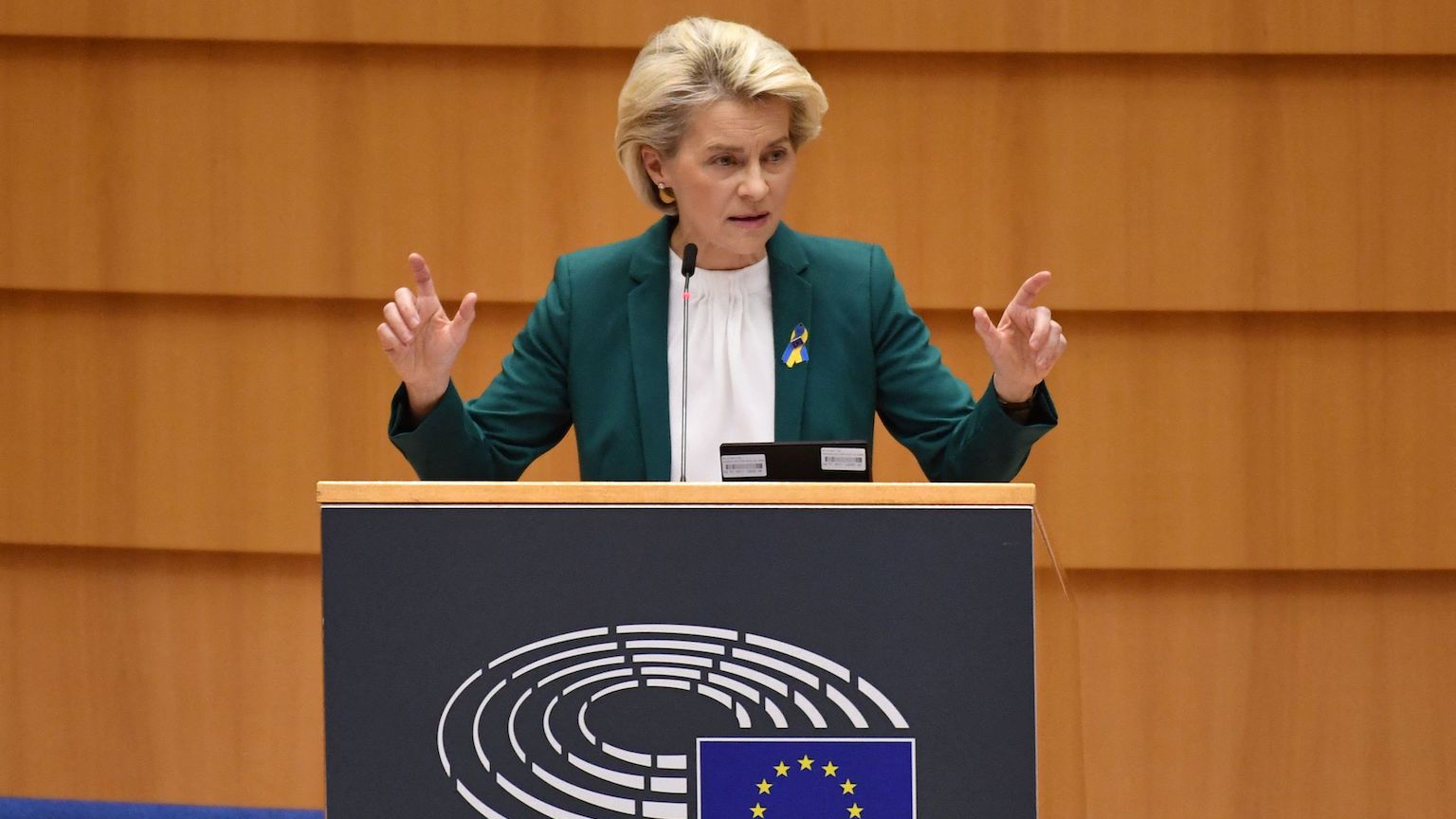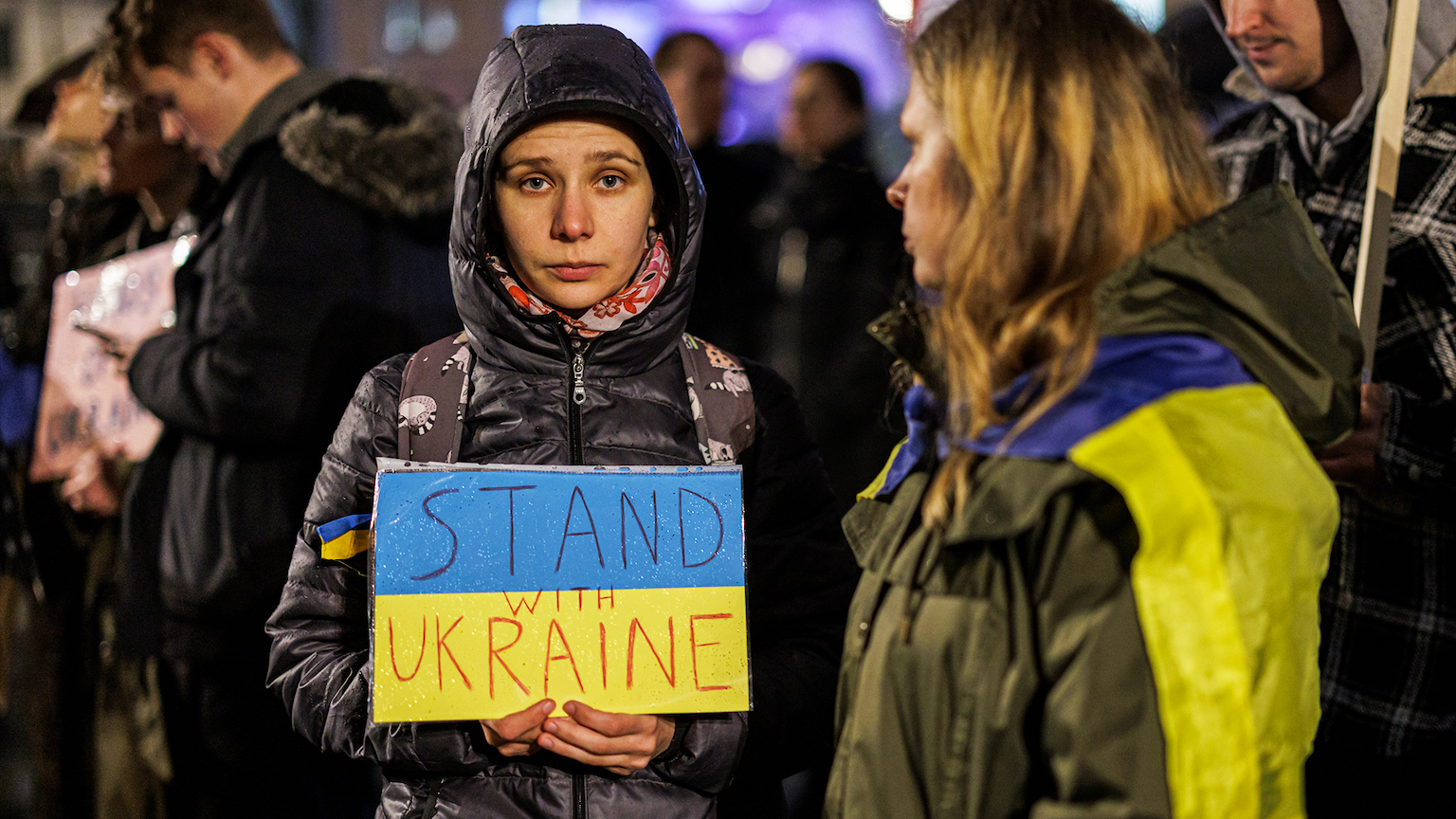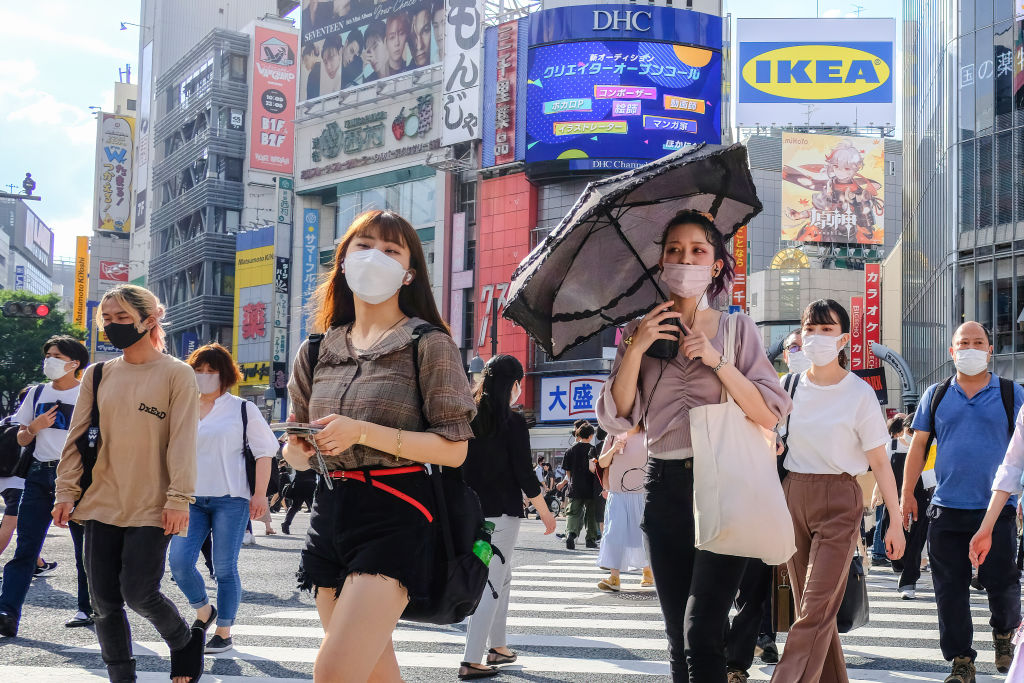Current Events
Far from being inappropriate, many of the most controversial acceptance speeches highlighted important issues in the film industry.
The idea that the news can make you sick has a long history.
Germany finds itself once again allowing a murderous dictator to run rampant in Europe, though this time it is due to incompetence and technophobia rather than malice.
Forty Starlink satellites were destroyed earlier this year in a geomagnetic storm.
We pretend as if economic sanctions are a peaceful way to coerce others into behaving. In reality, they are a potent tool of modern warfare.
Like witchcraft, “racecraft” refers to a kind of magical thinking — one that treats race as if it were scientifically meaningful.
Do the health risks outweigh the benefits?
Recent geopolitical turning points, like Brexit and the 2016 U.S. presidential election, were chapters in a story that extends decades back in world history.
Russia’s cyberattacks against Ukraine have been prolific and ongoing for several years. The future of war may begin in cyberspace.
The rhetorical fallout is greater than the radioactive fallout.
When actual people correct misinformation online, it can be as effective, if not more so, as when a social media company labels something as questionable.
Vladimir Putin adores Fyodor Dostoevsky. A close reading of the legendary author’s texts reveals the feeling might have been mutual.
The paradox of tribalism is that humans need a sense of belonging to be healthy and happy, but too much tribalism is deadly. We are one tribe.
In “Off the Edge”, journalist Kelly Weill dives down the strange rabbit hole of the flat-Earther community.
In theory, history is the sum of everything that ever happened; in practice, it’s a story we tell ourselves to make sense of and justify our actions in the present.
Russia has long sought to erase the mere idea of Ukraine. But people like my grandmother, born in Druzhkivka, will not let Russia win.
The Bolsheviks may have created Ukraine’s current borders, but that doesn’t mean dismantling them is good for today’s Russia.
The big-picture physics is simple – let gravity do its job.
Historically, periods of mass flourishing are underpinned by technological revolutions. Currently, we are undergoing a technological revolution unlike anything the world has ever seen.
The U.S. has the world’s largest debt in absolute terms, but Japan’s is the largest when measured in terms of its debt-to-GDP ratio.
The pulse took just 35 hours to cover the whole world.
As the demonstrations grew, so did the internet service disruptions.
One hundred years ago, a Ukrainian flag flew over Vladivostok and other parts of the “Russian” Far East.
More than a decade ago, Armenia made chess a required subject in school because it teaches kids how to think and cope with failure. The U.S. should follow suit.
Wordle activates both the language and logic parts of our brain and give us a nice boost of dopamine, whether we win or lose.
Since Ukraine originally meant “borderland,” the territory was already a target for several kingdoms.
The problems that Americans face are often too complex for fact-checking alone.
Some U.S. intelligence operatives have suggested foreign adversaries may be using “directed-energy” weapons against Americans.
On December 19 1972, astronauts Eugene Cernan, Harrison Schmitt and Ronald Evans splashed down safely in the Pacific Ocean, ending the Apollo 17 lunar mission. They were the last people to travel […]





























